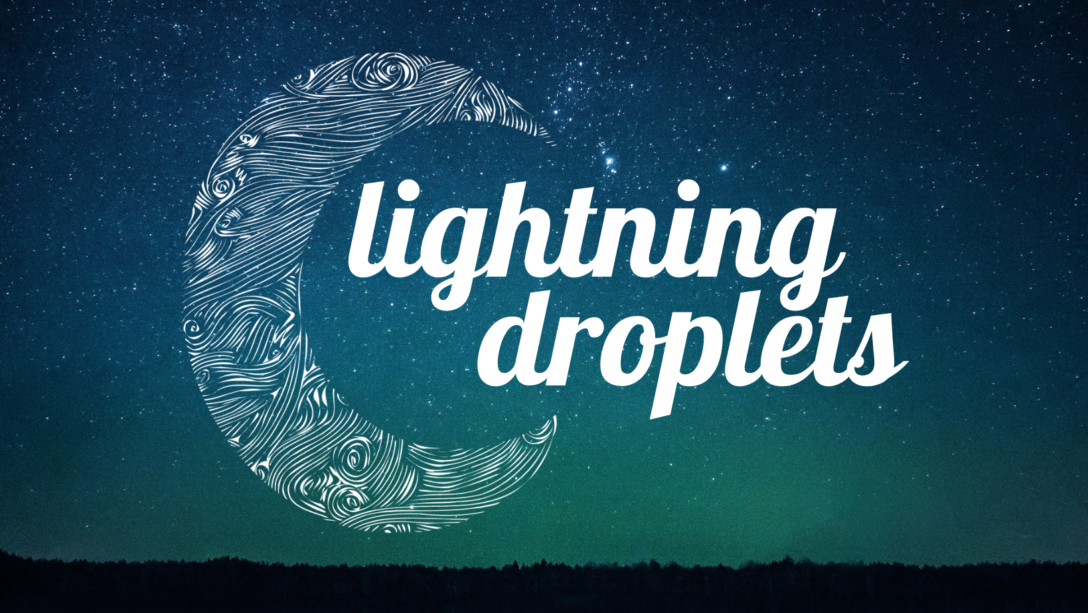
Two years ago, I started a blog. I was scared. I had spent the better part of my adult life running away from writing. In an attempt to cover up this fear, I had told myself that writing was just selfish. Why did I think that what I had to say needed to be heard by other people? What did I have to share that the world needed to hear? I’m no expert in anything. And really, isn’t writing really just narcissistic and self-centered?
But there was always this little voice inside me, this little part of me that felt unfulfilled when I wasn’t writing. I travelled the world, teaching and volunteering in developing countries, devoted myself to helping people learn and grow. I had the most amazing adventures and there was still something that was missing.
“If money were no object and you didn’t care about what people thought, what would you do?” my friend Ram asked me. I didn’t stop to think about it. “Write.”
But it was still too scary, too intimidating. Everyone knows that being a writer is a tough job. There’s no job security. What if the muse doesn’t come anymore and you can’t buy groceries? What are you going to do about a retirement plan? Worse than the practical issues were the emotional repercussions. What if I bared my soul and no one wanted to read it? What if I sent my writing to thousands of publishers and got thousands of rejections? Am I strong enough to keep even through all of that?
So I did what seemed least risky at the time. I started a blog.
I posted my first blog post steeling myself for negative comments or zero views. Maybe only my mom would read it. Perhaps that was all I could hope for, but hey, at least I would be writing.
That’s not what happened.
What did happen is that I learned the most important lesson that I’ve ever learned about writing. I got positive comments, empathy from other WordPress writers and readers. People from all over the world read and followed my blog. I grew a writing community.
Can writing be selfish? Sure, but it doesn’t have to be.
This is the thing about writing: writing has an enormous possibility for connecting with others. Sharing your writing means sharing bits of yourself, putting yourself out into the world and trusting that other people will connect with you. Every “like,” every comment is a connection. Every description of scenery is a connection to that place. Every word about an emotion is a connection with that feeling.
To me, connection, however fleeting, is what life is all about. Each smile, each moment in the present, each shared experience with another person: these are the things that last once we’re gone. These are the things that people will remember about us, and the things that we will remember on our deathbeds. Writing is an extension of that. Writing allows us to have these moments of connection with more people than we would be able to otherwise: people who are far away, people we haven’t met yet, people who were right there with us for the experiences we write about, and the people who couldn’t be.
So, thank you, writing community, for teaching me something that I really needed to learn. I have no excuses anymore and nothing to be scared of. Each time I write, I am fulfilling my highest potential – I am connecting, with myself and with you.
A big thank you to Matti Vinni from flickr for the creative commons photo of Essi Korva’s sculpture, Connection.







